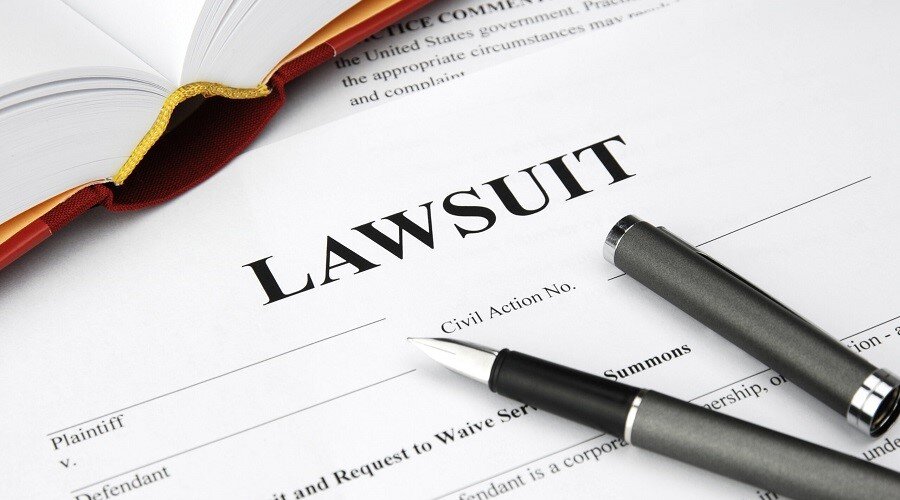Can You Sue a Private Investigator for Invasion of Privacy?
In some cases, private investigators can be sued for invasion of privacy. The right to privacy is a fundamental
human right and it is recognized by most legal systems. Specifically, when a person suspects that they are being followed, they have every right to inform the police. And
if the investigator is constantly contacting or following the person in an obvious way, this can be considered harassment and invasion of privacy.
Additionally, the investigator is not allowed to enter a person’s private property without consent. This can also result in legal action. Another example of an invasion of privacy is certain uses with hidden cameras, or surveillance, to spy on someone. In these cases, the private investigator can be sued for invasion of privacy.
However, if the investigator is well-trained, they can conduct a private investigation without invading the right to privacy. For example, observing an individual from a distance without intruding on their property, without harassment, or any other illegal act, is considered legal and not an invasion of privacy.
Keep in mind, the majority of private investigators are professionals in their field and use methods of investigating that are within the law. Most of them communicate with legal advisors to ensure that no regulations are being violated and the right to privacy is protected throughout the investigation; therefore, closing the door on any potential civil lawsuit against them, or the clients who hire them, to be successful. This does not mean there aren’t private investigators who can be sued; unfortunately there is a minority of untrained or bad investigators that can be.
